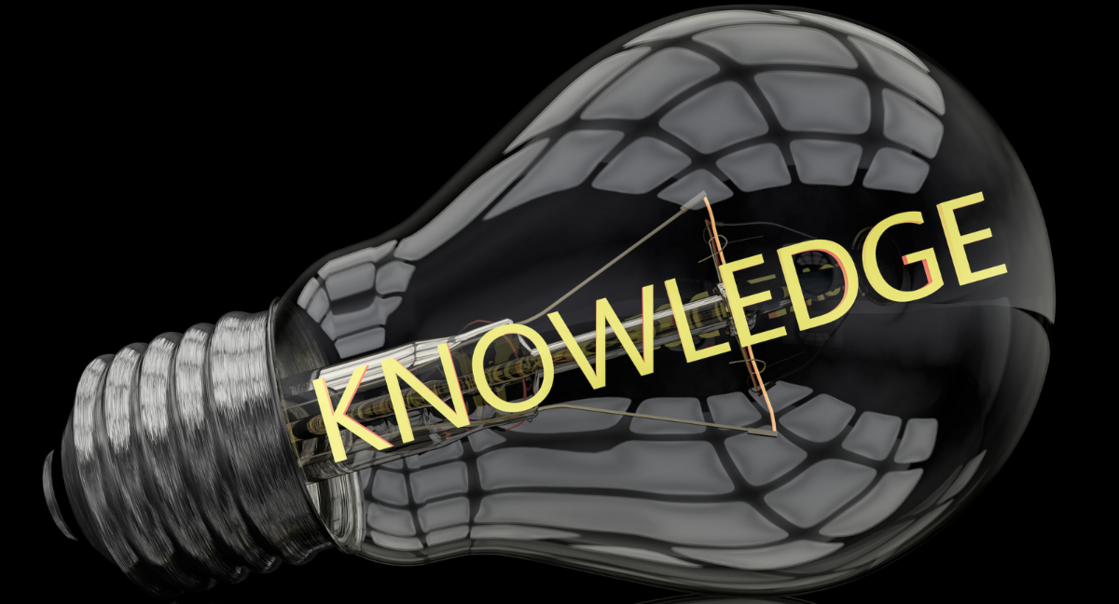
Many client conversations start with a complaint about some aspect of the writing process and self-deprecating statements. For example:
“I just can’t seem to find the right words; I guess I have an inadequate vocabulary.”
“My grammar is terrible.”
“I'm so wordy!"
On the surface, such statements can seem to point to mechanical issues:
- Fumbling for the right words could indicate a usage issue (problem with accurately using vocabulary).
- Feeling ashamed about “grammar” could indicate an issue with structuring and punctuating sentences.
- Frustration with wordiness could indicate a lack of editing skill.
However, for many people I’ve had the privilege to teach or coach, the real problem is not a concern with the “how to” of writing. Their vexation stems from a larger issue: the challenge of translating expert knowledge into language and sentences that will engage their audience.
In academic circles, researchers have established a name (and various methodologies and frameworks) for this difficulty. They call it knowledge translation,[1] or KT for short[2]
Associating communication challenges with KT rather than a lack of writing skill changes the questions one asks and the range of solutions available.
The chief concern is no longer “How can I correct my writing faults?” It’s “How can I get to know my audience better?”
Translation is NOT transcription
When the writing process feels awkward, it’s easy to attribute the sense of clumsiness to a lack of technical skill. This is especially true, I’ve found, for folks with deep technical expertise.
Of course, we now also live in a world in which AI-driven apps groom documents and generate basic, predictable kinds of writing.[3] This makes it easy to assume that any glitches in human-produced writing must show up due to a simple flaw in the algorithm.
That might be true in certain communication situations. For example, if spelling or syntax (word order) issues showed up in a form to order office supplies, then I would investigate the writer’s basic competencies.
In a context that requires little analysis or creative thought, mechanical issues can be exactly what they appear to be. Deficits in basic skills make it hard for writers to choose words and form sentences in ways that clearly convey their intended meaning, even when that meaning is not complex. Unskilled writers find it difficult to transcribe any of their thoughts into print.
But if you’re a highly educated professional trying to communicate complex ideas and information, then it’s highly unlikely that you have a transcription problem. You already have advanced writing skills, or you wouldn’t have been able to complete your education. Nor would you be able to produce the particular forms of written communication your career has demanded, such as technical reports and articles.
Your problem is translating your ideas, not merely transcribing them. And translation, despite AI advances in this area, remains as much an art as a science.
Translation favours meaning over exactitude
My first degree was a joint BA in French and English, so I have some personal experience with the translation process. I can still feel how my heart raced and my palms sweated as I crouched over the desk in the audio booth where I had to record assignments for my class in traduction simultanée.
As the English voice came through the headphones, I struggled to convert them, instantaneously, into French sentences. The level of concentration the task required was extreme. At the end of each session, I felt as if I’d run a marathon while taking an oral Mensa exam.
Looking back, I found translation exercises so daunting because I was approaching them with a word-for-word mentality. Rather than focusing on the meaning I wanted to convey, I struggled to transcribe each English word or phrase I heard into a French word or phrase.
This wasn’t just incredibly inefficient. It was utterly wrongheaded. A more experienced translator wouldn’t have worried about translating each word. They would have spent their concentration on capturing the essence of each sentence through authentic, fluid expression.
As a researcher or technical expert, whenever you’re communicating with an audience outside your peer group, your task is to convey essential meaning. Translate for gist rather than grammar—so that your communication sounds genuine and resonates with your intended audience.
Yes, accuracy is important. Indeed, I shudder every time someone talks about “dumbing down” a complex concept or data set. But the translator’s task is to convey accuracy of meaning, not accuracy of syllable.
Audience knowledge is writing power
When you view writing challenges as KT challenges, then you look for different kinds of solutions. Instead of focusing on editing-level issues (such as jargon and bulky sentences), you start asking questions about the people for whom you’re translating your knowledge.
The “who” of writing becomes more important than the “how.” Rather than fretting over your document structure and style, you invest time in getting to know your audience. The more you know about them, the easier it will be for you to connect with them through their language.
Translation is an export activity, not an import activity. Instead of trying to bring your audience into your expert world, consider how you can seamlessly enter theirs. Research your audience with as much passion as you’d spend on a technical topic. Find out answers to such questions as these:
- What do they care about?
- What keeps them up at night?
- What words and phrases (accurate or not) do they use to discuss the topic?
- How do they feel when they think about the topic?
- What metaphors do they gravitate to when they try to restate complex concepts in their own language?
- What myths about the topic do they believe?
- Why is it worth their while to learn about the topic?

For linguistic translators, vocabulary is power. The more words and phrases they can access, the easier it is for them to capture the meaning expressed through one language into meaning in another tongue.
For knowledge translators, audience knowledge provides the substance of success. The more you know about what makes your audience tick, the easier you’ll find it to speak to them in language that grabs their attention and gets them excited about what you have to say.
If your aim is to make an impact, at the end of the day, it’s not how exact or comprehensive your writing is that really makes the difference. Your skill in knowledge translation, not comma usage, is what will enable you to connect with nonexperts at a deep level and work with them to bring about the change you envision.
Need some help speaking your audience's language? Book a coffee chat with Dawn to start the ideas percolating.
-----
[1] Knowledge translation, in my view, occurs at both a micro and macro level. I am interested here in the micro-level transmutation of expertise into written expression that’s intelligible to a nonexpert audience. However, KT is more typically conceived as a multiphase process or a framework through which academic research gets shared and used outside the academy.
[2] Actually, they call it by many names, including knowledge mobilization, knowledge exchange, knowledge transfer and exchange, translational research, and knowledge brokering. While some scholars persist in trying to refine definitions, others advocate for abandoning this quest. They use the acronym “K*” to cover the broad variety of available terms. I use “knowledge translation” for two reasons: (1) it is the oldest term, and (2) the concept of translating knowledge makes intuitive sense to most researchers and technical experts.
[3] It’s no wonder that bots can produce marketing writing, even complete social media posts. Effective copy writing (writing that aims to sell) follows time-tested formulas that lend themselves to algorithms. For example, today’s most accomplished copywriters model their writing on headlines and patterns established by some of the great names from the early and mid-twentieth century, such as David Ogilvy.
#knowledgetranslation #communicationchallenges #writingpower



Comments